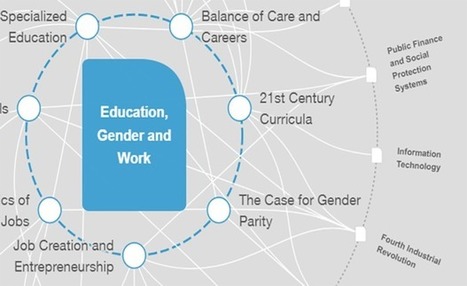The expectations we place on teachers are high and growing. We expect them to have a deep and broad understanding of what they teach, how their students learn, and of the students themselves. We also expect them to be passionate, compassionate and thoughtful; to make learning central and encourage students’ engagement and responsibility; to respond effectively to the needs of students from different backgrounds and languages; to promote tolerance and social cohesion; to provide continual feedback and assessments of students; and to ensure that students feel valued and included in collaborative learning. We expect teachers to collaborate with each other, and to work with other schools and parents to set common goals and monitor their attainment.
These expectations are so high, in part, because teachers make such a difference in students’ lives. People who are successful today typically had a teacher who took a real interest in their life and aspirations; someone who helped them understand who they are, discover their passions and realise how they can build on their strengths; a teacher who taught them how to love to learn and helped them find ways to contribute to social progress.
But our education systems are not the up. Most schools look much the same today as they did a generation ago, and teachers often don’t have the opportunities to develop the practices and skills required to meet the diverse needs of today’s learners. To help advance the education agenda, the Finnish Ministry of Education, with support from the OECD and Education International, brought together education ministers, union leaders and other teacher leaders in Helsinki this month for the ninth International Summit on the Teaching Profession. Over the years, the Summit has become a seminal event for education policy discourse, with this year’s edition attracting 21 education ministers and the union leaders from the best performing and most rapidly improving education systems, as measured by PISA.
Learn more / En savoir plus / Mehr erfahren:
https://www.scoop.it/t/21st-century-learning-and-teaching/?&tag=OECD
Via
Gust MEES



 Your new post is loading...
Your new post is loading...










Part of the challenge facing educationalists is that technological change will call for skills that fall outside of age-old approaches to curriculum design and teaching. Emotional intelligence, creative thinking, and collaboration are just three core aptitudes that will be needed, but which cannot easily be taught in a traditional classroom environment.
“Updating curriculum should always be on the agenda,” says Jaime Saavedra of the World Bank, quoted in the WEFFI report. “But it is incredibly urgent to invest in changing the behaviour of teachers and improving what happens inside the classroom.